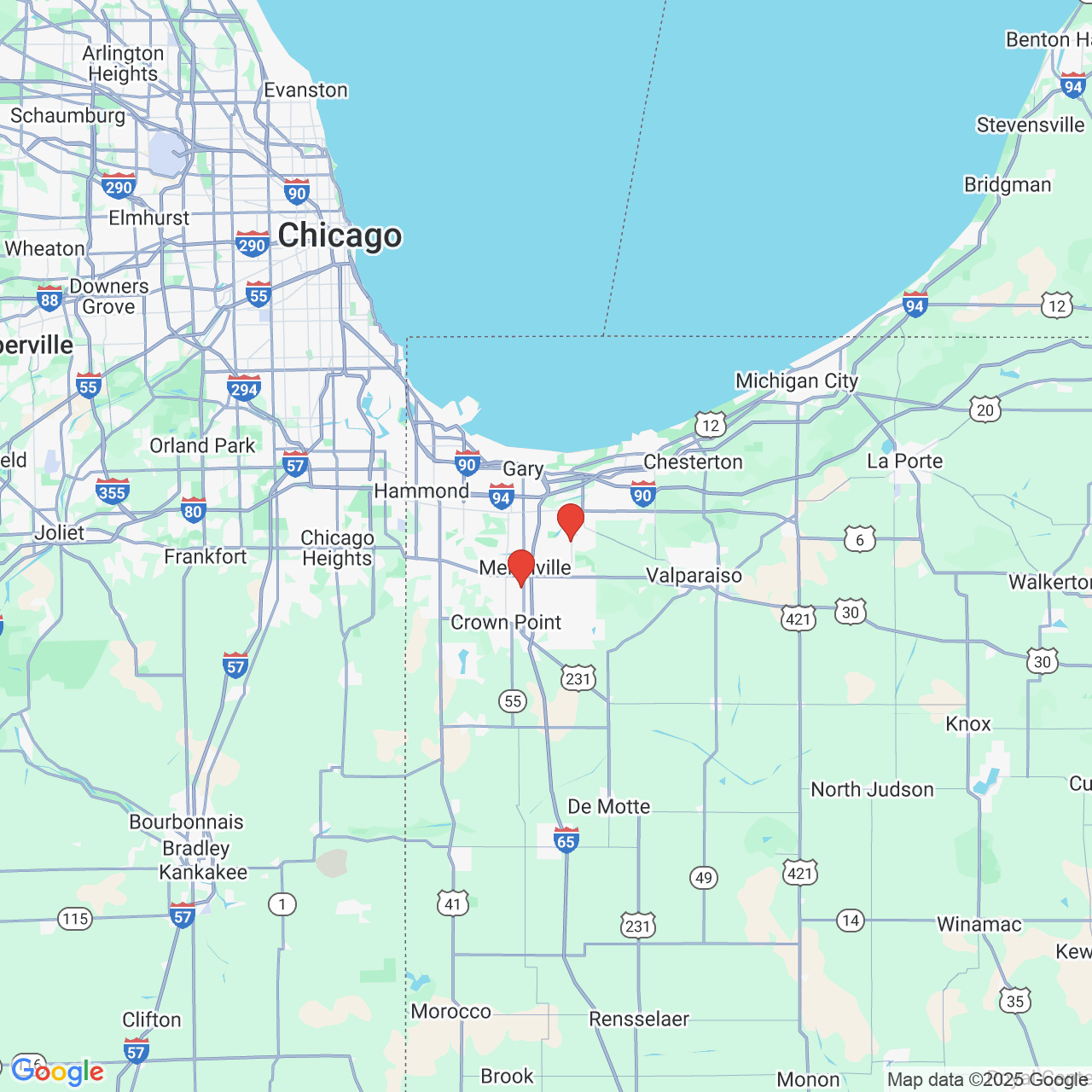LASIK vs. PRK
 The goals of LASIK and PRK are the same: to help patients achieve excellent vision and reduce their dependence on glasses and contact lenses. When determining which procedure, LASIK or PRK, is best suited to the patient, a patient’s unique eye care needs and goals must be considered. At the Merrillville vision correction practice, Deen-Gross Eye Centers, both PRK and LASIK may be utilized in the correction of astigmatism, hyperopia, and myopia. A benefit of LASIK and PRK is that patients can expect to achieve similar results after recovering from refractive procedures.
The goals of LASIK and PRK are the same: to help patients achieve excellent vision and reduce their dependence on glasses and contact lenses. When determining which procedure, LASIK or PRK, is best suited to the patient, a patient’s unique eye care needs and goals must be considered. At the Merrillville vision correction practice, Deen-Gross Eye Centers, both PRK and LASIK may be utilized in the correction of astigmatism, hyperopia, and myopia. A benefit of LASIK and PRK is that patients can expect to achieve similar results after recovering from refractive procedures.
What Is LASIK?
The purpose of LASIK is to reduce a patient’s need for glasses or contact lenses. Through LASIK, the refractive errors myopia, hyperopia, and astigmatism may be corrected, allowing a patient to experience clear, crisp vision. During the LASIK procedure, a flap is created in the surface of the cornea. The flap is carefully folded back, and an excimer laser is then used to alter the shape of the cornea. The way in which the corneal tissue is reshaped will depend upon the refractive error of the patient. Once the corneal tissue has been reshaped, the flap is put back in place. One of the advantages of LASIK is that it does not require sutures to close the corneal flap.
Most patients who choose to undergo LASIK will be happy with their results. Many patients are able to enjoy living their lives without having to deal with the hassle of contact lenses or glasses following surgery. The majority of patients that have undergone LASIK surgery do not have to use glasses or contact lenses in order perform most day-to-day tasks. While most patients will be able to bid farewell to glasses and contact lenses after LASIK, a small number of patients may still require reading glasses or other visual aids for some activities.
Another advantage of LASIK is that the vast majority of patients that undergo the procedure will find the recovery process to be relatively easy and quick. Patients that are nervous about the procedure itself can take comfort in the fact that the procedure is virtually painless and is typically completed within 30 minutes.
What Is PRK?
Like LASIK, PRK (photorefractive keratectomy) is a surgical procedure designed to correct the refractive errors astigmatism, myopia, and hyperopia. Also like LASIK, PRK changes the shape of the cornea. The main difference between the LASIK and PRK procedures is that in PRK the entire outer layer of the cornea is removed to access the underlying corneal tissue. An excimer laser is utilized during both PRK and LASIK to alter and reshape the cornea.
One of the downsides to PRK is that the recovery process is more difficult and lasts longer than with LASIK. An advantage of PRK is that patients can expect to achieve excellent results after the healing from surgery. Another advantage of PRK is that it is often a superior treatment option for patients that are at an increased risk of flap complications. Because a flap is not created during PRK, the risk of flap complications is eliminated. Most patients that choose to undergo PRK are able to achieve 20/40 vision or better without having to rely on glasses or contact lenses.
Is LASIK or PRK Better?
One procedure is not better than the other. The unique needs and goals of each patient determine which procedure is better suited to that individual. Certain factors may make PRK a safer and more effective procedure for a patient, while other factors may make LASIK a more ideal procedure. Both procedures can help a patient significantly reduce or eliminate his or her dependence on glasses or contact lenses.
Contact Deen-Gross Eye Centers
If you are tired of having to hassle with glasses or contact lenses, you may be an ideal candidate for LASIK or PRK. To learn more about these procedures, please contact Deen-Gross Eye Centers today.



